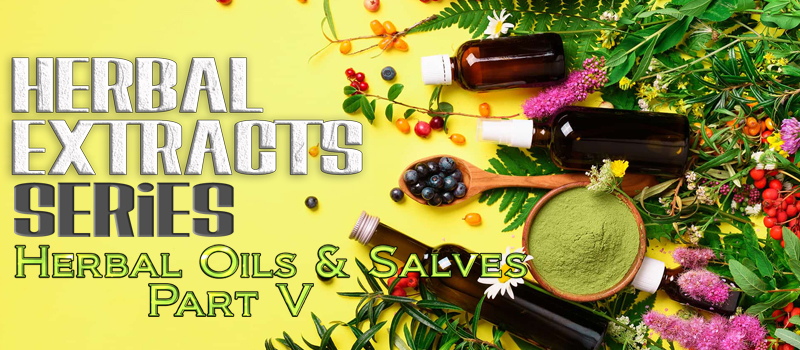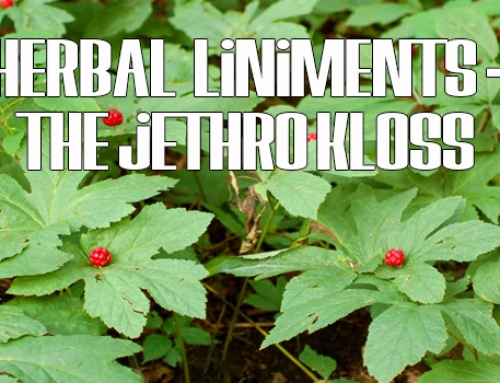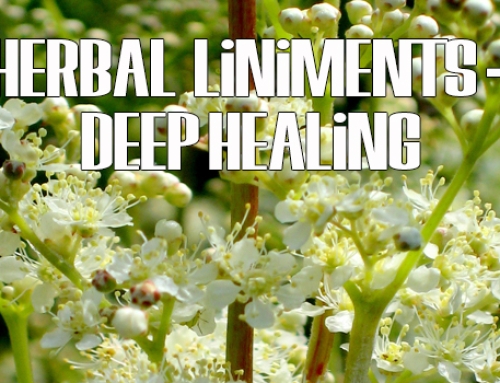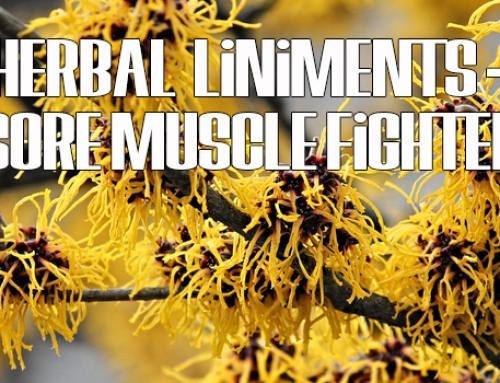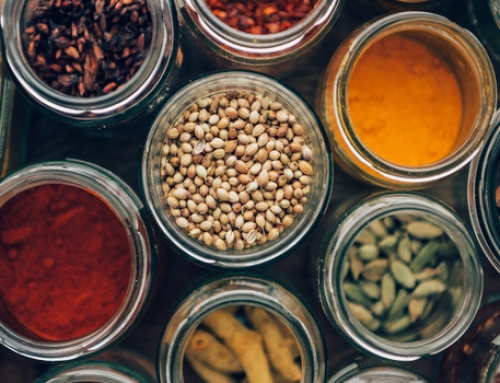What on earth are herbal extracts?
There are certain health promoting compounds that can be found in the plants around us, whether they be wild or cultivated. Herbal extraction is the process of drawing out the therapeutic components of a chosen herb or plant. In many cases, the beneficial compounds we want are tucked away within fibrous material of the plant that is challenging for our digestive systems to fully break down. You can use herbal extracts to help solve this problem by increasing bio-availability.
Each extraction can be singular (one plant or herb and concentrated compound) or there can be a combination of herbs together for a larger desired effect, but most of the time you will see these in a liquid based form ready to be ingested.
The liquid used to extract an herb is called a solvent or the carrier, or in traditional herbal language the menstrum. it is the means by which the wanted compounds can be best introduced to your bodily systems. Common solvents are water, alcohol, vinegar, and glycerin. Each solvent has specific things it’s good . . . and not so good . . . at drawing out, so you use different ones based on the type of herb you’re working with, and the desired effect you want have.
We’ll start with the most known type of extraction . . .
Herbal Oils & Salves – Part V
People often confuse Herbal Oils with Essential Oils especially in the realm of health and healing assists and helps. However, the two are very different.
Herbal oils are extractions of the whole plant using a carrier oil such as sunflower, olive, jojoba, coconut, almond or even avocado oil. (Olive may be the best because how long it can last in room temperature on the shelf). They’re created by chopping up fresh or dried plant material and placing it in a jar with the carrier oil to infused for a period of time, which can be hours using a low-heat method or weeks using a cold infusion method.
Essential oils, on the other hand, are steam-distilled extraction of only one component – volatile active compounds. They’re highly concentrated and have many benefits, but most need to be diluted before use externally and especially internally. Because they’re so potent, I don’t recommend taking them internally unless you’re receiving specific recommendations of dilution and dosage/duration guidance from a qualified expert.
Back to herbal oils: When completed, they’re gentle but highly therapeutic. Infused with a broad spectrum of the compounds you have gathered, they can usually be used for a wide variety of issues. Although the benefits will vary from plant to plant, here’s a few good examples of how versatile they can be:
- First aid – For cuts, scrapes, burns, sunburns, bug bites and other minor skin irritations.
- Face and lip care – Infused calendula oil is the “secret ingredient” behind many beloved face serums and lip balms. Use it in place of regular olive oil in this lip balm recipe.
- Massage oils – I like to apply the oil – or a salve made from it, which I will be showing you how to make soon – and then sprinkle some bentonite clay over the area. Both calendula oil and clay are considered cloth diaper friendly.
- Dry or chapped skin – Calendula, in particular, is thought to support the integrity of skin, thus allowing it to retain moisture normally
- Food marinades – Yep, really! Many are considered soothing for the skin and the digestive tract. With mild flavors to compliment the meat, or vegetable dish you are fixing.
Herbal oils can also be mixed with melted beeswax and essential oils (if you want to use them) to make a salve, which hardens the oil into something that can be stored in a tin in your bag for easy use on the go. Here’s how you can make the oil into a salve utilizing the calendula herb, click here to learn how.
Herbal oil recipes to try:
- All Healing Topical Calendula Oil
- No More Sore Arnica Oil
- Chest Rub Oxeye Daisy Oil
- Mullein & Garlic Oil for Earaches
In this series you will be able to see and gain recipes for your home apothecary remedies that will become the mainstay in your household. Here’s what you can see and learn more of:
- Teas – Infusions and Decoctions
- Tinctures
- Glycerite
- Herbal Syrups
- Herbal Oils & Salves
- Herbal Vinegars
- Herbal Honeys
- Oxymels
- Distillations
- Elixirs
- Electuaries
- Herbal Soaks
- Compresses & Poultices
- Liniments
Come and join us in bringing back the knowledge known by our ancestors and practiced for the health and benefit of those that came before us!

